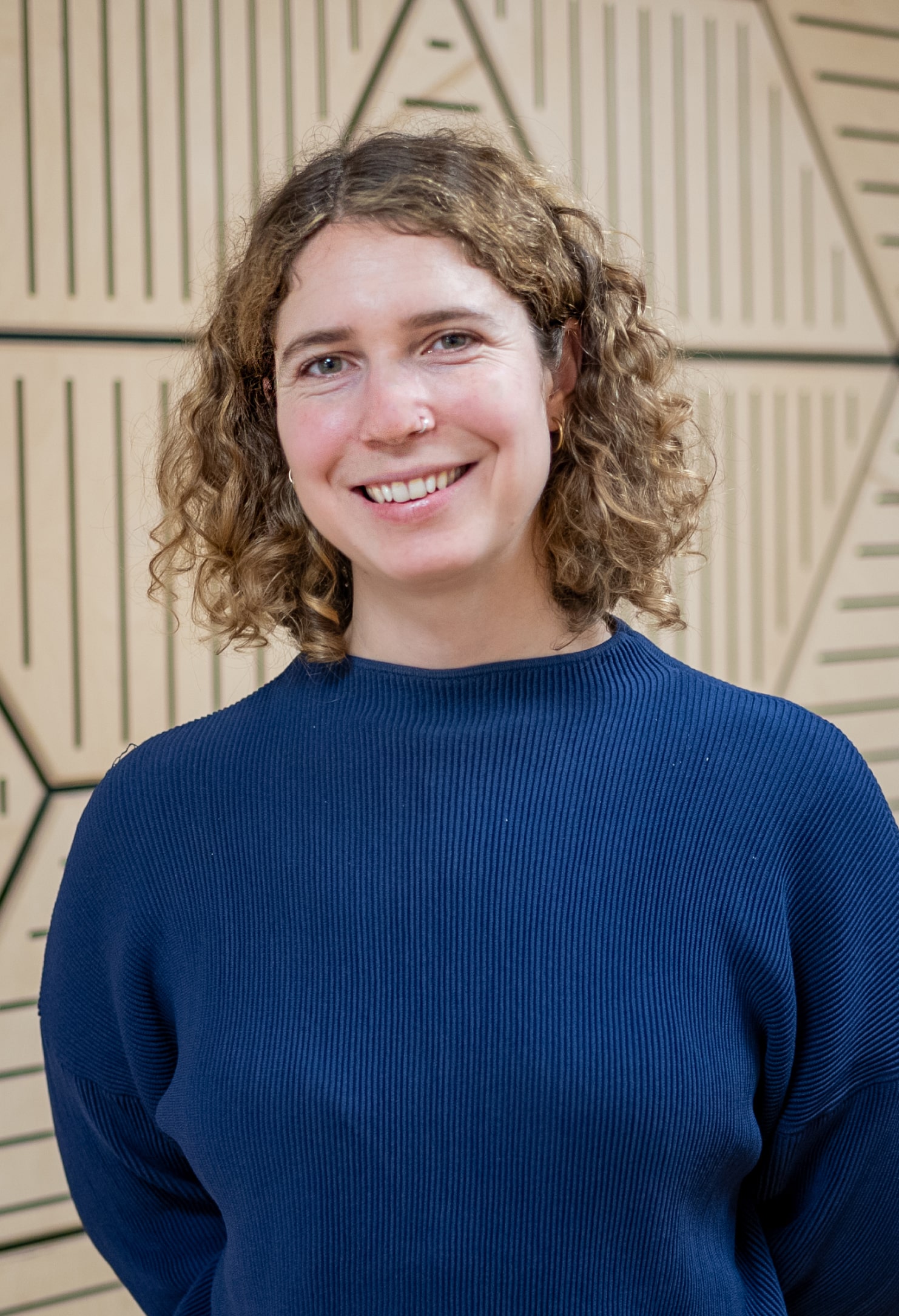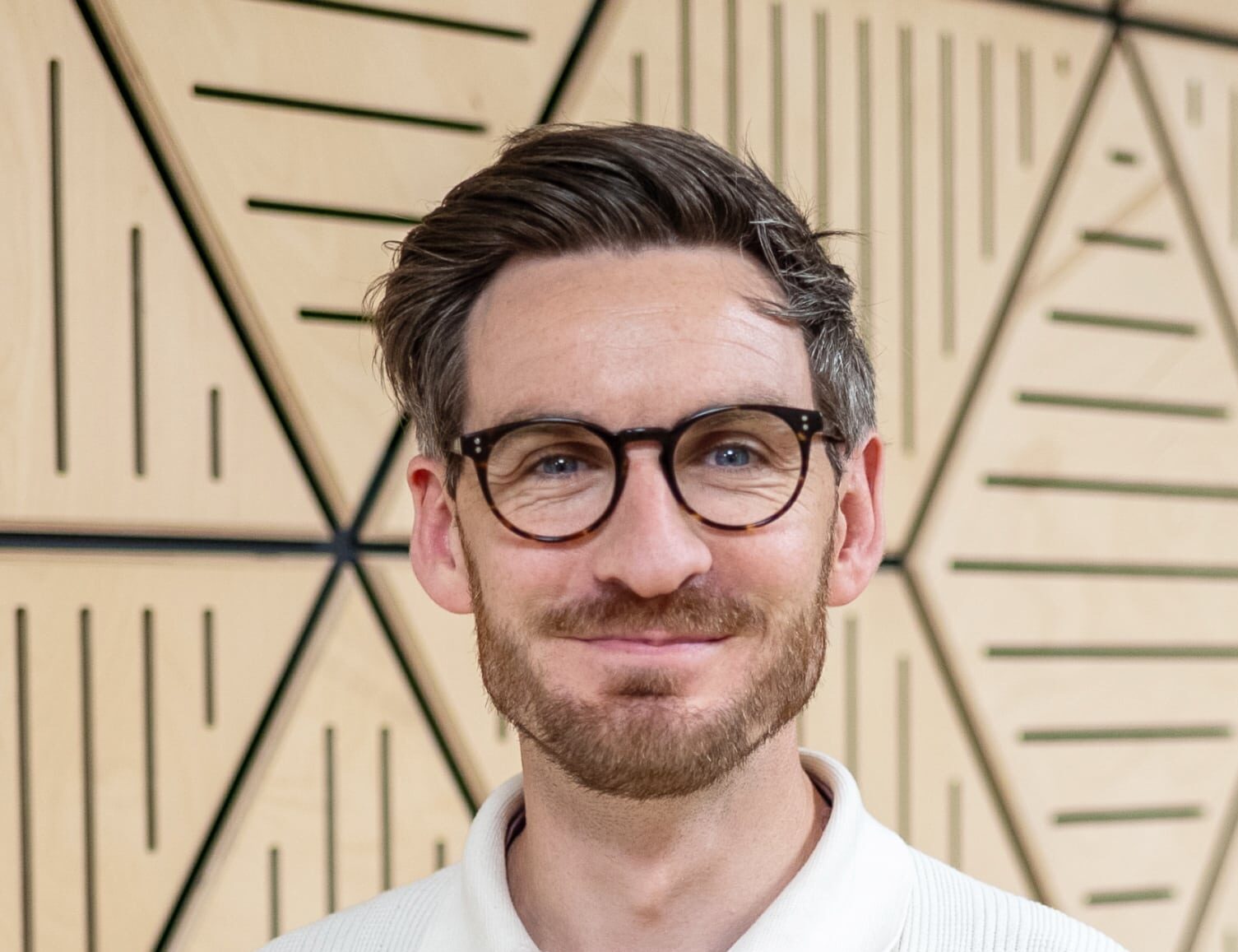Having posed ‘questions, questions‘ in my last post, we’ve had a few answers: they’re all shared on our trusty google doc, naturally. A couple of quick reflections: both responses we had to the “where should we be by 2025” question describe a more stable, well understood market for social investment, underwritten by greater transparency, or “a radical openness”. To suggest too that in 10 years time we should “know which types of investments, activities and organisations require subsidy to be sustainable, and how much subsidy is the right amount” also feels entirely correct, aware as I am of the complexities involved in getting there. It is certainly the kind of ambitious goal Access should have as we begin: we weren’t created in order to make life easy for ourselves, after all.
Speaking of our creation: I wanted to use the rest of this post to acknowledge the contribution our ‘parents’ have made to giving us a happy infancy. Contrary to Mr Larkin’s declaration, what Big Society Capital (BSC), Big Lottery Fund (BLF) and the Cabinet Office (CO) have provided for us is the guidance, freedom and resources to explore opportunities, take some risks, try new things and learn, in the open, as we go. For me, the overall tone of their collective support is that of a parent who would be more disappointed to see us being timid and playing it safe, rather than climbing a few trees and picking up a few bumps and bruises.
All three have been generous with their time and attention for the capacity building programme in particular: both CO and BLF arranged for us to have a roundtable discussion with their social investment teams, whilst co-habiting with BSC has allowed us, over these first few months, to develop a set of good working relationships across their team.
The substance of these conversations has had consistent threads running through, whilst also presenting a set of different strategic choices we need to make. So for example the Cabinet Office team’s broad recommendations to be data-driven and support new approaches which learn from past and existing initiatives go very much with the grain of BSC’s transparency conversation and their efforts to publish more open data, both of which we’re very pleased to be able to support – and, as we get off our programmes off the ground, emulate. In turn BLF’s team, drawing on their experience of initiating many past and current approaches to capacity building, gave us a pragmatic note of caution, in that the capacity needed to initiate new grant-funded programmes can often be more than you think to get the best possible product or service – especially if the ambition is to ‘build together’, and establish strong and sustainable partnerships through collaboration.
On our expanding google doc I’ve also included BSC’s full set of recommendations: for me, this is a list of viable opportunities to be filtered through the BLF team’s pragmatic advice that we think carefully about how much we think we do at once, and do well. Climbing trees is definitely called for, but risk-taking will become recklessness if we try to do too much too quickly. Our tight timetable does require us to grow up fast, however: this nurturing childhood will be coming to an end once our capacity building programme opens up next year. Let’s hope our adolescence proves to be only mildly awkward: given such a positive start, I’m pretty confident we’ll avoid sullen silences around the family dinner table…










